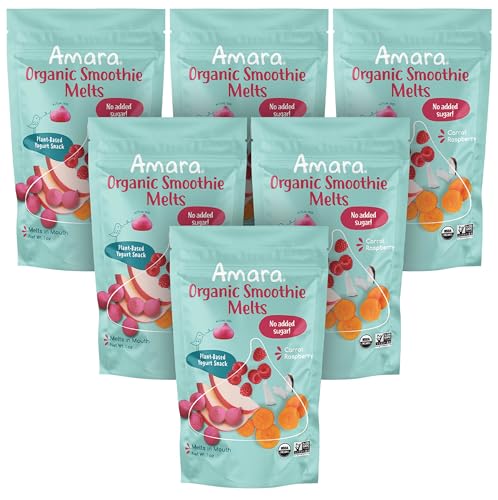Internal pics, I mean. I butchered 2 mature ~18mo bucks yesterday - holy frick it was hard to get their skins off!! They never LOOKED fat externally, sired litters OK all that stuff. They were butchered purely for space reasons; I had planned to try to sell them, but I have 2 litters that NEED to get separated from their mommas, the babies are starting to barber the moms and the weather is still too hot to use the outdoor growout cage so I butchered the bucks so I could separate the mommas to their own cages.
These are the oldest rabbits I've butchered by far, and they had what seems like a lot of internal fat, but I have no comparison to gauge if they were over-fat or if it was pretty normal. They're American Chinchillas, and the live weights were 8.47 and 9.85; finished weights 5.49 and 5.65. They weren't fasted or anything before butcher. I'm trying to decide if I was overfeeding and should cut back for the others. Mostly everyone gets a pellet ration and timothy/alfalfa hay cubes (nursing does get a bigger ration until the babies are out of the nest box then I fill their feeders to the toop & let them all free-feed but that's the only time the get more than their ration)
These are the oldest rabbits I've butchered by far, and they had what seems like a lot of internal fat, but I have no comparison to gauge if they were over-fat or if it was pretty normal. They're American Chinchillas, and the live weights were 8.47 and 9.85; finished weights 5.49 and 5.65. They weren't fasted or anything before butcher. I'm trying to decide if I was overfeeding and should cut back for the others. Mostly everyone gets a pellet ration and timothy/alfalfa hay cubes (nursing does get a bigger ration until the babies are out of the nest box then I fill their feeders to the toop & let them all free-feed but that's the only time the get more than their ration)





















































